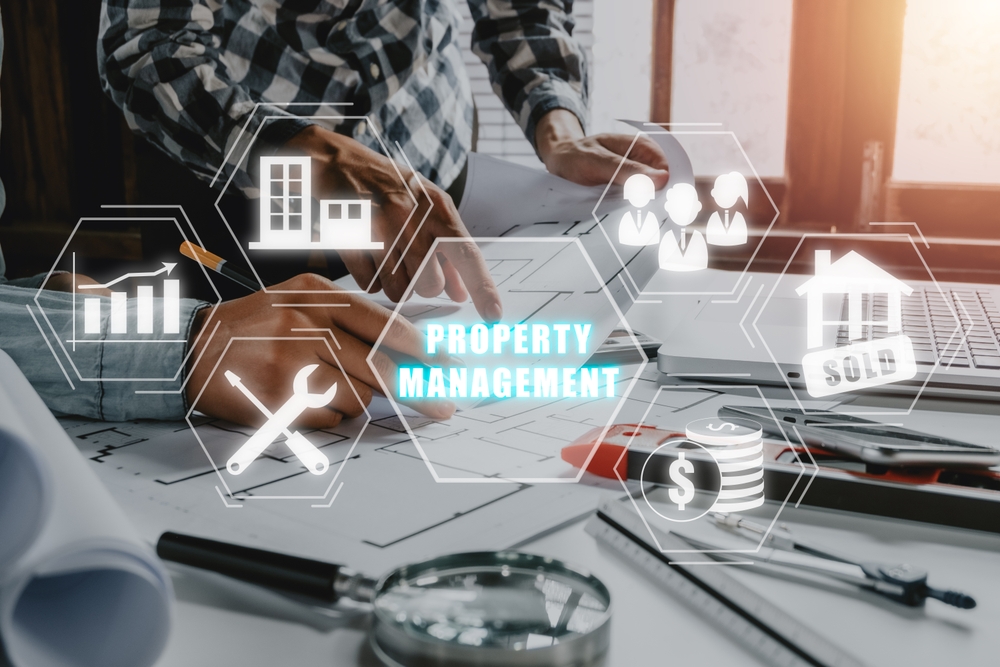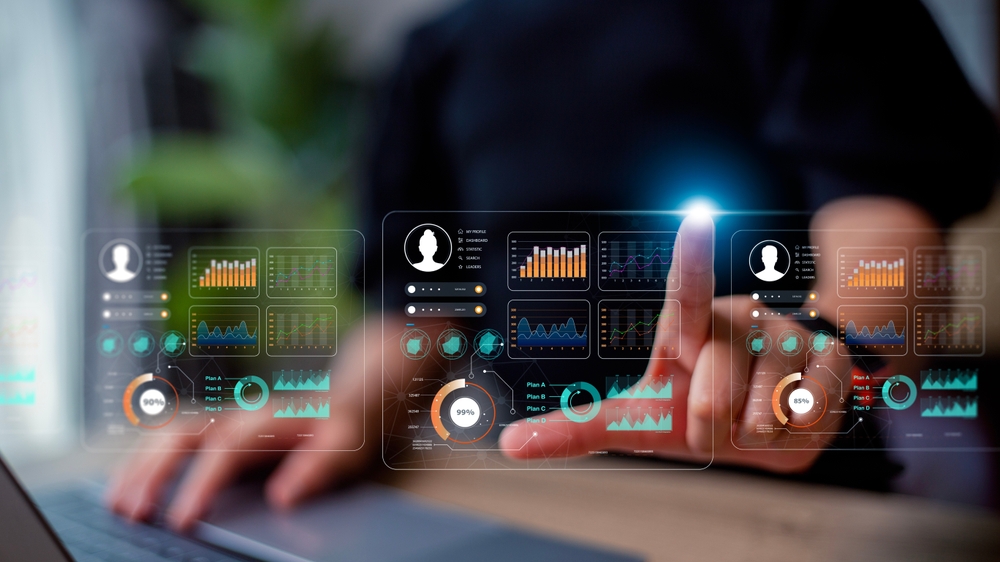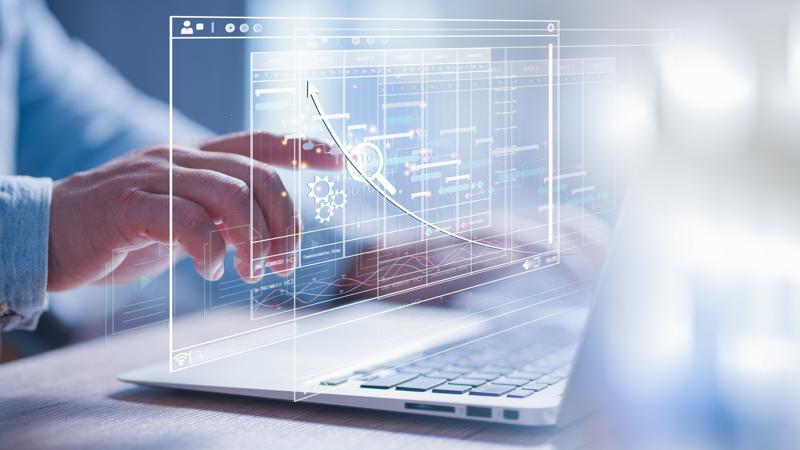A Guide to Property Management Software
Explore the best property management software tools for 2024.
In the fast-evolving real estate industry, effective property management is key to maximizing returns and ensuring smooth operations. Property management software simplifies the complexities of managing rental properties, from tenant interactions to maintenance requests and financial tracking.
This article delves into the essential features and benefits of property management software, highlights the top three tools available in the market, and discusses their costs.
What is Property Management Software?
Property management software (PMS) is a digital solution designed to streamline and automate the various tasks involved in managing rental properties. It caters to landlords, property managers, and real estate professionals by providing tools to handle tenant communications, lease agreements, maintenance issues, and financial operations.

Key Features of Property Management Software
- Tenant and Lease Management: Centralized platform to track tenant information, lease agreements, and rental history.
- Maintenance Management: Tools to submit, track, and resolve maintenance requests efficiently.
- Financial Management: Automated billing, rent collection, expense tracking, and financial reporting.
- Communication Tools: In-built messaging systems to facilitate communication between property managers and tenants.
- Marketing and Vacancy Management: Features to advertise vacant units, screen potential tenants, and manage applications.
- Reporting and Analytics: Comprehensive reports on property performance, financials, and occupancy rates.
Benefits of Property Management Software
- Time Savings: Automates routine tasks like rent collection and lease tracking, allowing property managers to focus on strategic activities.
- Improved Accuracy: Reduces human error in financial tracking and reporting.
- Enhanced Tenant Experience: Provides tenants with easy access to their accounts and a streamlined way to submit maintenance requests.
- Better Communication: Centralized communication tools improve interactions between landlords and tenants.
- Scalability: Facilitates the management of multiple properties from a single platform, making it easier to scale operations.
- Compliance Management: Helps ensure adherence to legal and regulatory requirements.
Top 3 Property Management Software Tools
1. AppFolio Property Manager
- Features: Comprehensive platform offering tenant and lease tracking, maintenance management, accounting, and online payments. Also includes advanced tools like AI-driven leasing assistants and property marketing.
- Cost: Pricing starts at $1.40 per unit per month for residential properties with a minimum monthly fee of $250. Custom pricing for commercial properties and larger portfolios.
- Website: AppFolio Property Manager
2. Buildium
- Features: Offers robust property management features such as tenant screening, lease management, accounting, and online payments. It also includes tools for rental applications, maintenance tracking, and owner portals.
- Cost: Pricing starts at $50 per month for up to 150 units, with additional costs for extra units and advanced features.
- Website: Buildium
3. TenantCloud
- Features: Provides a suite of tools for rental management, including tenant communication, financial management, maintenance requests, and marketing. TenantCloud also offers a free tier with limited features, making it a good option for smaller landlords.
- Cost: Free for up to 75 units. Paid plans start at $12 per month for additional features and higher unit limits.
- Website: TenantCloud
Costs of Property Management Software
The cost of property management software can vary based on the number of units managed, the feature set required, and the scale of operations.
Factors Influencing Cost:
- Number of Units: More extensive portfolios typically incur higher costs.
- Feature Set: Advanced features like AI tools, integrated marketing, and extensive reporting can increase costs.
- Subscription Model: Costs are often based on a monthly subscription per unit or a fixed monthly fee.
- Scalability and Customization: Custom solutions for large enterprises may be more expensive.
Estimated Costs:
- Small Landlords: Solutions like TenantCloud offer free or low-cost options starting at around $12 per month.
- Medium-sized Property Managers: Tools like Buildium are available from $50 to several hundred dollars per month, depending on the number of units and additional features.
- Large Enterprises: Advanced platforms like AppFolio may start at $250 per month with higher costs based on unit counts and custom requirements.
Property management software is an invaluable tool for landlords and property managers looking to streamline their operations and improve tenant satisfaction. With features ranging from tenant management and maintenance tracking to financial reporting and communication tools, these platforms offer comprehensive solutions to the complexities of property management.
AppFolio, Buildium, and TenantCloud are among the top choices for 2024, each catering to different needs and budgets. By understanding the features and costs associated with these tools, you can make an informed decision that best fits your property management requirements.
Whether you're a small landlord or managing a large portfolio, investing in the right property management software can save you time, reduce costs, and enhance your overall management efficiency.











